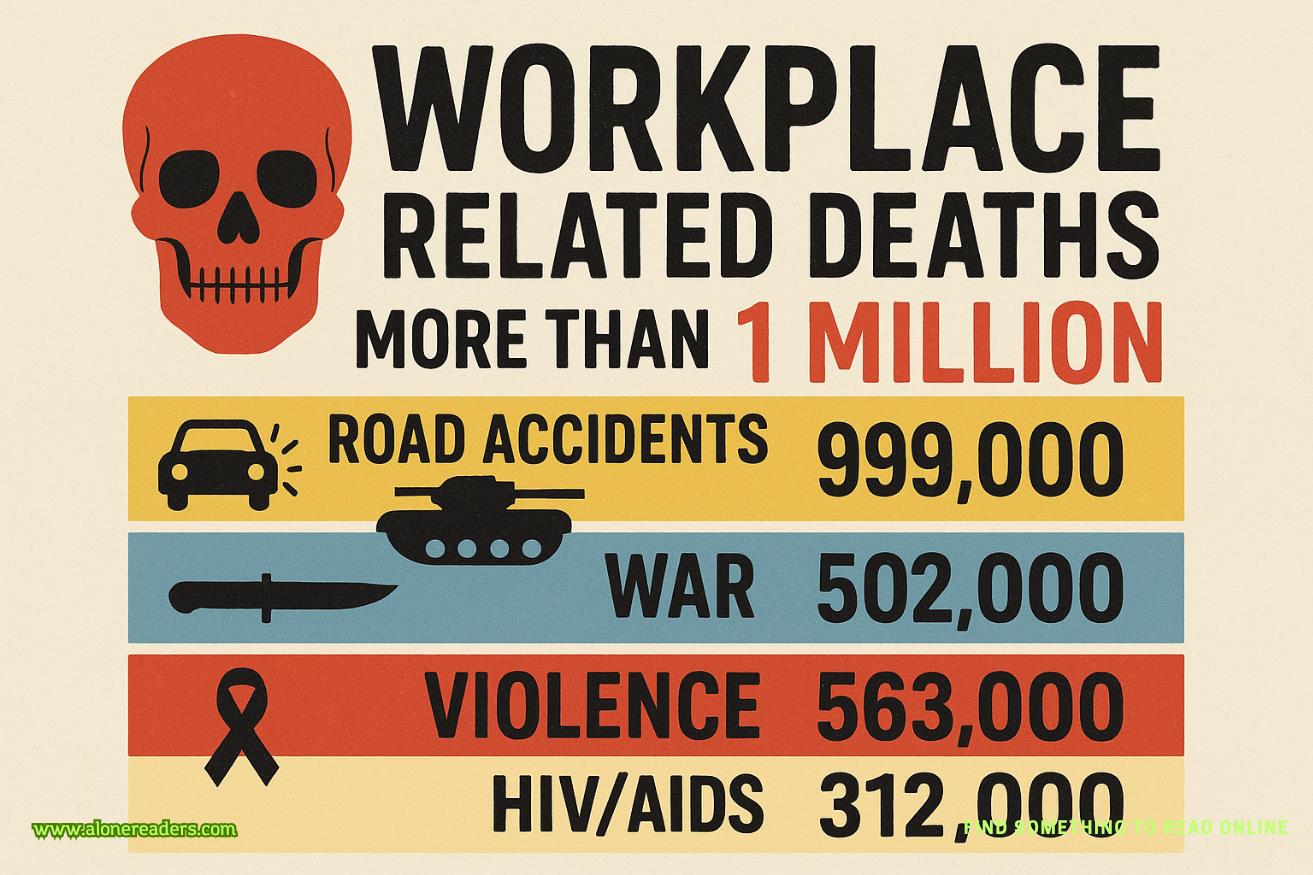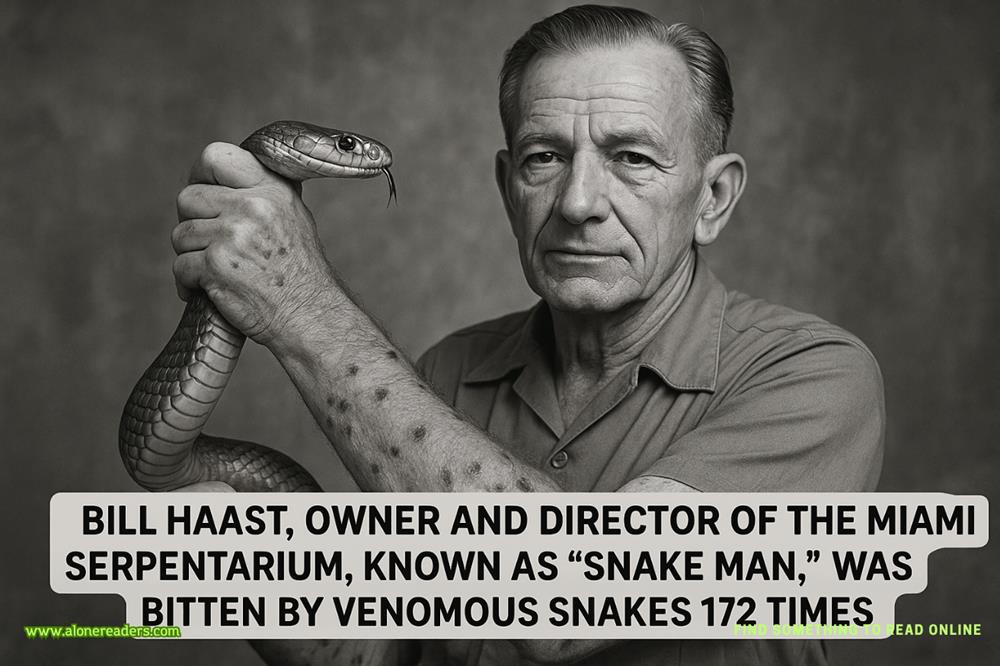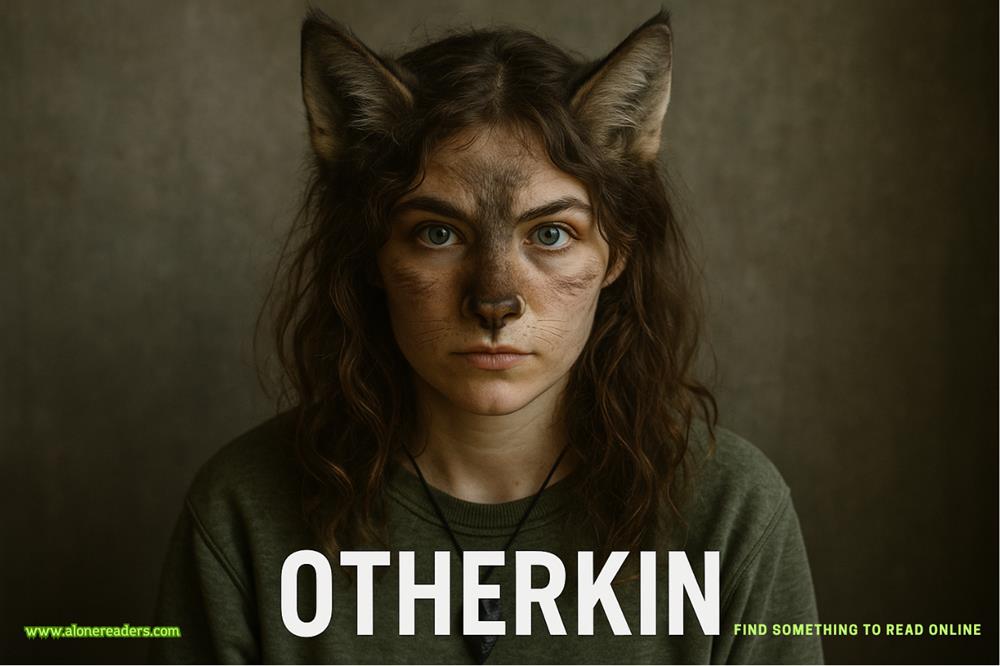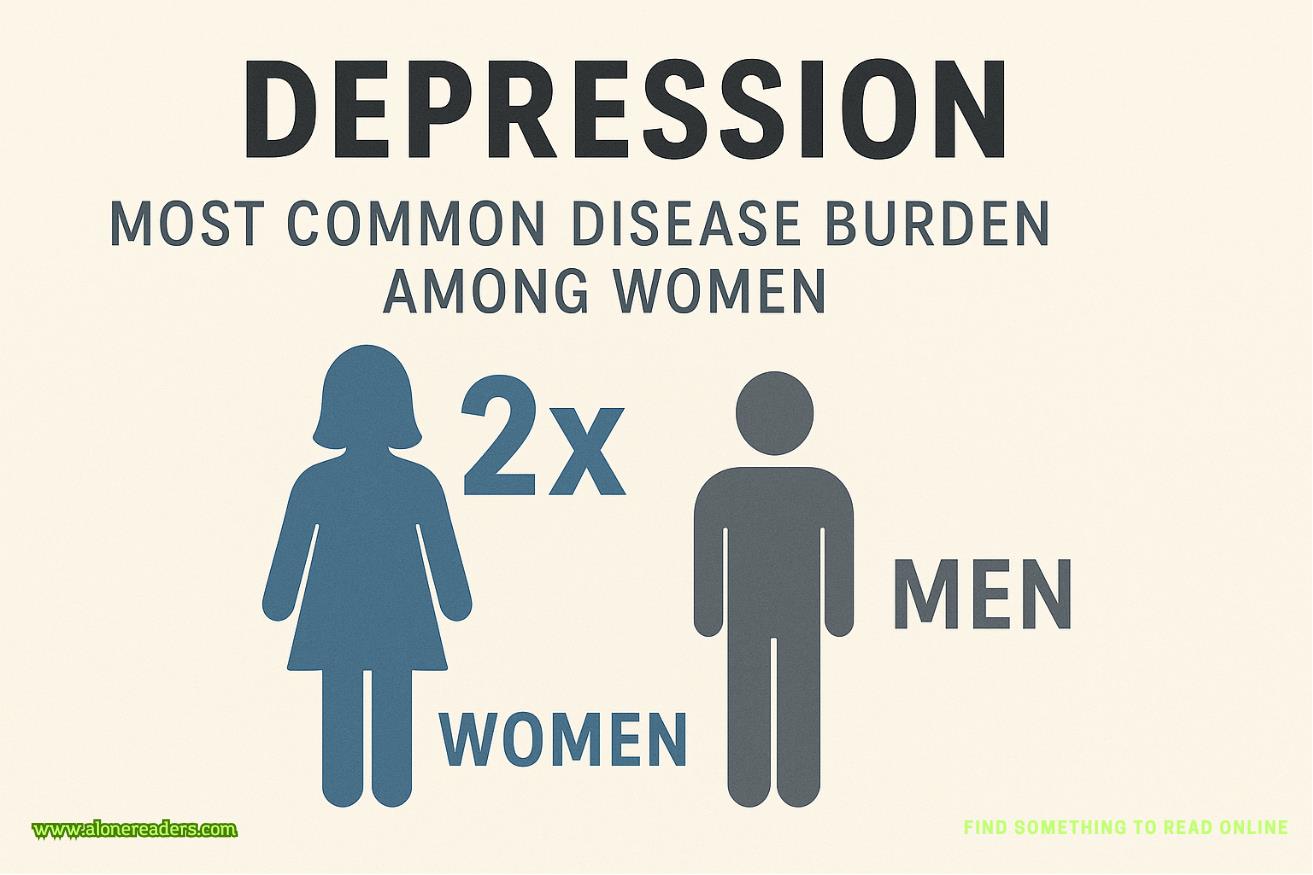Page 56 of Equalizer
Calvin frowned. “Sounds like expensive treatment for low-paid workers.”
“If Humphries can reuse parts from dead bodies, there’s an ongoing supply,” Owen answered. “And think of the loyalty. Loyal workers don’t go on strike.”
After the deadly Homestead Strike in Pittsburgh several years before, the idea of protesting workers walking off the job struck terror in the hearts of factory owners.
“If the people Humphries fixes are bespelled by him in some way, that also makes them much less likely—or able—to protest,” Louisa pointed out. “The other good news is that we’ve got support from some nearby Pinkerton agents and Pearl’s gang. So don’t start any fights without us.”
“That should be interesting.” Calvin chuckled. “Pinkertons and outlaws on the same side.”
“We also have Arabella’s coven—and maybe some of their friends,” Owen said. “And now we know Maria Bianchi and her coven won’t take Humphries’s side, and neither will the other Mob covens—for now. Not a bad coalition. If the other Mob families stay out of it, we could have a chance.”
“The families all have strongmen andstregas. There could definitely be advantages for a crime syndicate to being able to fix their injured guards,” Calvin pointed out. “And bosses won’t all share the same ethical qualms Maria Bianchi has.”
“There’s talk of friction between the Conti-Bianchi family and the Russo-Lombardi family,” Louisa said. “The Contis have a strong hold, but the Russo-Lombardis are aggressive. The law enforcement folks I’ve talked with would prefer to see the Contis stay at the top of the heap. They’re killers, but not psychopaths.” She winced. “Or at least, not as bad.”
“I get it,” Owen said. “The enemy of my enemy is my friend. If the Contis can be reasoned with and aren’t out to burn down the city, it’s better than other alternatives.”
Owen knew working with the Mob was part of life in Chicago. Organized crime was so deeply embedded in everyday affairs that eliminating it would probably take more force than even the US Army could muster. The Mob gained loyalty from the neighborhoods it controlled through beneficence programs for the residents, helping with food, rent, and medical expenses. Each Mob family protected their own turf, and in return, the residents didn’t side with the cops.
Since the City of Chicago had yet to offer comparable help to shift loyalties, Owen didn’t imagine that scenario would change anytime soon.
“Does it follow that the Russo-Lombardis are supportive of Humphries?” Calvin asked.
“I’m trying to find out, but that’s my working theory,” Louisa said. “And the other families have closer ties with one side or the other, so they’re sitting it out until someone throws down the gauntlet.”
“Which side is stronger?” Owen set his cup aside.
“Before Humphries entered the equation, the Contis,” Louisa said. “But with Humphries and his replacement parts and his witch, that could change.”
Calvin swore under his breath. “Are you saying the balance of power in Chicago’s underworld hangs on this case? How come we never get the easy ones?”
Louisa smiled and patted him on the arm. “Because the home office knows you’re just that good.” She finished her tea and stood. “I need to be off, but I didn’t want to wait to share the news. I’ll be in touch.”
Winston walked her to her coach, where her bodyguard/driver waited, and Owen heard the hoofbeats fade as they drove away.
“No pressure, huh?” Calvin joked with grim humor.
“None at all.”
Winston came back in and dusted his hands. “Well, that was informative. Nothing like raising the stakes to make it interesting.”
Owen gave him a dour look. “Interesting isn’t the word I would have picked.”
After Louisa left, Calvin and Owen spent an hour working crossword puzzles from the day’s newspapers, passing the timein companionable silence, seated close enough for their knees to brush.
Late in the evening, Winston came into the parlor with an envelope. “A messenger just brought this for Owen.” He handed off the letter.
Owen frowned when he saw the handwriting. “It’s from Steven,” he said, although there was no other name on the outside.
He opened the sealed envelope and made sure to hold the pages so Calvin could see. Owen harbored no romantic feelings for his old flame but knew that Calvin held a twinge of understandable jealousy.
“We’ve had more close calls, and I’m sure there’s a saboteur among us,” Owen read out loud. “I’ve been spending more time in the stables to observe and overhear the workers talk. If I’m in a stall, they often don’t realize I’m there.
“There’s a guy, Jed Smith, who always seems to be close enough to see what’s going on whenever something happens,” Owen continued. “I can’t prove he’s behind the accidents, but you were always the one who told me to trust my intuition. He’s got the night off, and I’m going to follow him. It might be nothing, but come by tomorrow morning, and I’ll fill you in. I promise to be careful. Steven.”
“Dammit!” Owen muttered, nearly crumpling the letter in frustration. “I told him not to play detective on his own.”
“Whatever he was going to do, he’s already doing it,” Calvin said. “You’re too late to stop him, and there’s no telling when he’ll get back. Cross your fingers and go see him tomorrow. I’m sure he’ll take precautions.”















